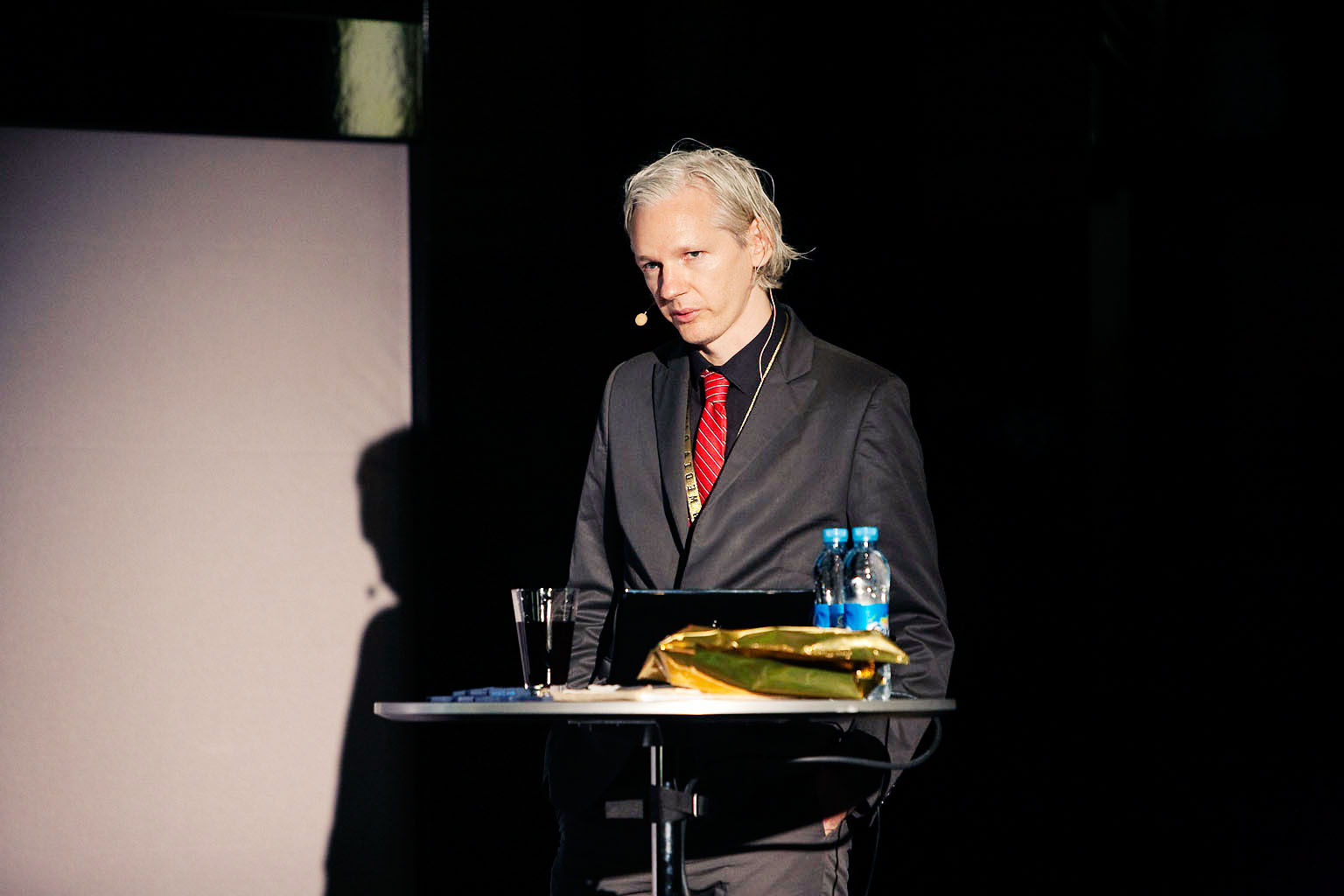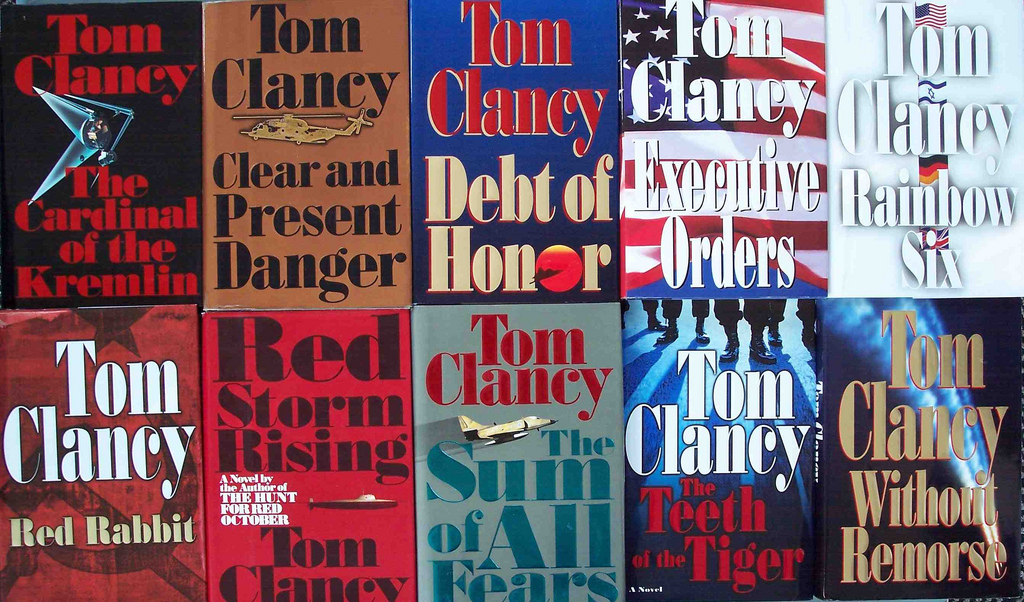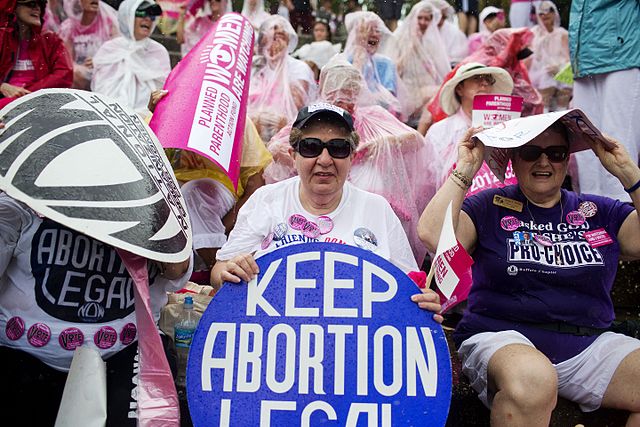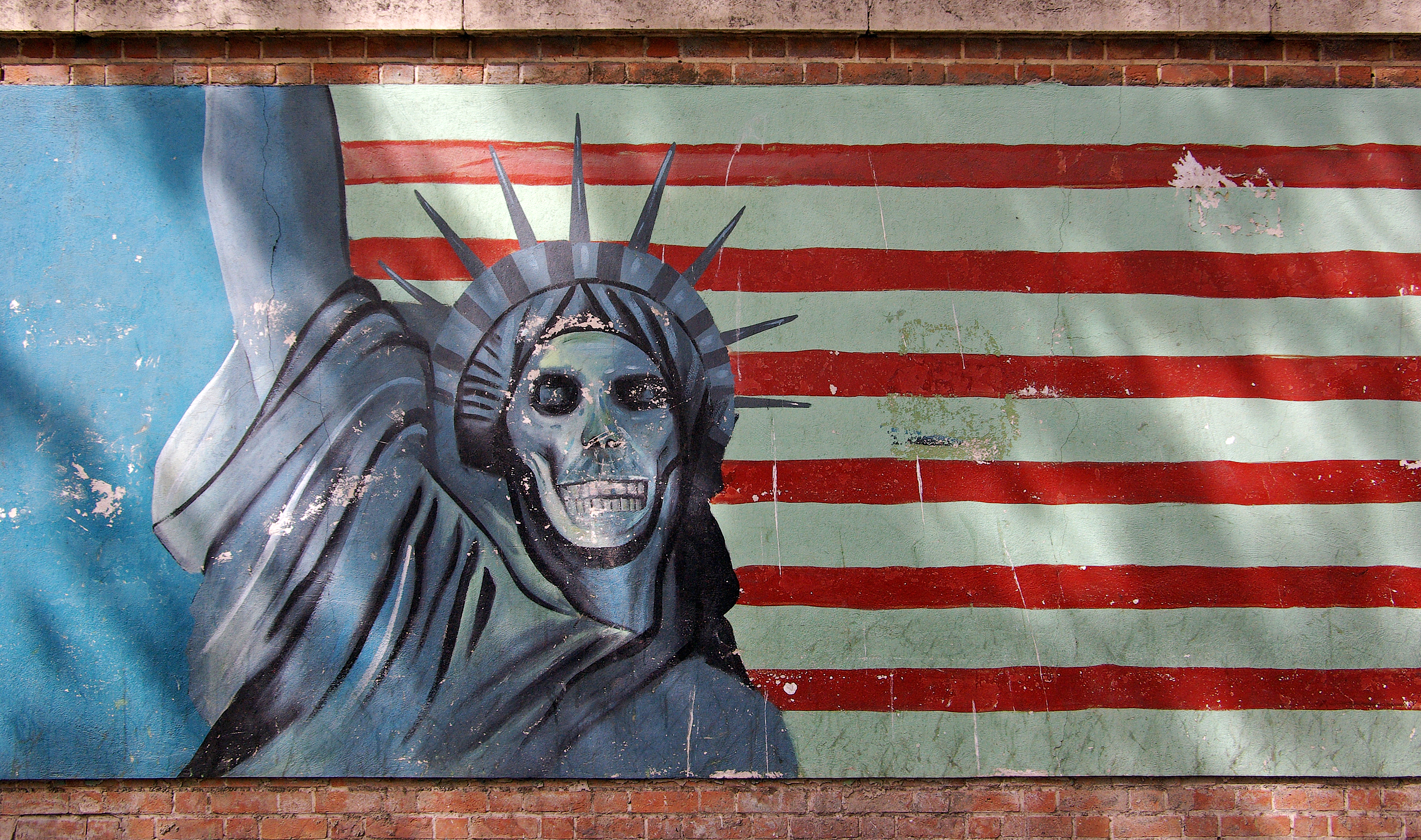By: John Perry Muth*
WikiLeaks, founded in 2007, is a media organization that both hacks private documents and provides an anonymous way for sources to leak information to journalists, and eventually to the public. There is a long list of prominent stories published by WikiLeaks, and with the presidential election in full swing, their work seems to make headlines every week. Because their publications are uncensored and source concealed, they can become very dangerous when made public (Fildes, 2010). While WikiLeaks claims to be creating transparency between governments, in reality they are simply stealing and publishing confidential information, in an attempt to influence world politics. In the case of the 2016 US presidential election, every illegally obtained document that they have published has been associated with the Democratic nominee, Hillary Clinton. With the US government tracing these leaks directly to the highest levels of the Kremlin, WikiLeaks is facilitating the destabilization of our democratic process by a foreign government (Healy, 2016). WikiLeaks proclaims they are an impartial source that wants to end government corruption (Wikileaks.org). However, their actions during this election reveal them to be an extremely dangerous organization that processes the ability to diminish all American’s privacy, for their own benefit.
On July 22, 2016 WikiLeaks published thousands of emails stolen from the Democratic National Committee (DNC). The leak showed the DNC actively attempting to throw off Bernie Sanders’ campaign, while supporting Hillary Clinton’s. Specifically, the chair of the DNC, Debbie Wasserman Shultz, was implicated in a number of emails clearly advocating against the Sanders’ campaign. This leak would lead to Shultz’s resignation the same day. Political parties are expected to remain neutral throughout the primary process. With the majority of the DNC, and even its chair, clearly advocating for a specific candidate, WikiLeaks exposed that the Democratic Party did not do this during the primary season.
On October 7, 2016 WikiLeaks again published hacked documents relating to Hillary Clinton. This time they came from her campaign chairman’s email account. What they revealed is excerpts from Clinton’s paid speeches. They show the extreme precaution her campaign takes in its every move, as well as the high level of importance the campaign places on influencing media coverage (Cheney 2016). Again, like the July leaks, close ties between Clinton and top Democratic Party officials during the primaries were revealed. Overall, this set of emails shows Clinton as extremely wary and scripted (Tau 2016). With the continued release of information against the Clinton campaign, WikiLeaks is clearly taking a side in this election. Founder and editor in chief of WikiLeaks, Julian Assange, has simply stated that although they have information on Trump, nothing they can publish would be more controversial than what Trump has already said (Hensch 2016). But with all the information coming in on the Clinton campaign and, according to Assange, nothing of importance coming in against Trump, it raises the question of who is the source behind the countless Clinton hacks.
With the close relationship exhibited between Donald Trump and Russian President Vladimir Putin, it was easy for some to initially draw connections between the hacks and Russia. It would clearly take a capable source to hack into a US presidential candidate’s emails, and Russia would have a clear motive. While Trump, Putin, and Assange deny these claims vigorously, the US government is not buying it. The FBI and Homeland Security have already tied the email leak from July 22nd to the Russian government, and stated the leak from October 7th fits the same pattern of previous Russian hacks (Healy 2016). This is a very unnerving sentiment; a foreign government is effectively attempting to influence our presidential election. Vladimir Putin continues to deny any involvement, and Trump stated during the second presidential debate, “They always blame Russia… to tarnish me” (Healy 2016). The two believe the US government is targeting Russia in an effort to divert attention away from the content of the hacks. This is simply not true. The FBI and DHS would not make such a powerful claim against the Russian government without very strong evidence.
While Assange continues to deny Russian involvement, it appears as though he might be showing a bias against the Clinton campaign as well. The publishing of Clinton documents by Assange and WikiLeaks tend to come at deliberate times. The DNC leaks came just days before the Democratic National Convention, and the October 7th leaks came just hours after Donald Trump’s infamous sexual harassment video was made public. Assange is clearly timing the release of the information he has to do as much damage against Clinton as possible. While he argues that he is against both candidates and simply does not have any info against Trump, this claim becomes especially questionable when looking at the timing of his publications.
WikiLeaks has certainly helped to expose a lack of transparency between the Clinton Campaign and the public during this election. They have raise viable questions going forward, not just about her but also about all of our political leaders. While I generally believe that anybody trying to increase government transparency is doing a good thing, in this case the transparency being created is for political purposes. WikiLeaks is not targeting corruption in the US government; they are helping a foreign country influence our democracy. They claim to be an impartial organization motivated with increasing government transparency. However, their one-sided and timely publications paint themselves not as an organization tasked with holding governments accountable, but rather as a one seeking to influence them. With the US stating Russia is the source behind the illegally obtained documents, WikiLeaks is carefully facilitating the manipulation of our presidential election by a foreign power. They are not targeting government corruption, they are targeting our democratic process.
Works Cited
Cheney, Kyle, and Wheaton, Sarah. “The Most Revealing Clinton Campaign Emails in WikiLeaks Release.” Politico 7 Oct. 2016
Fildes, Jonathan. “What is Wikileaks?” The British Broadcasting Corporation 7 Dec. 2010.
Healy, Patrick, Sanger E., David, and Habberman, Maggie. “Donald Trump Finds Improbable Ally in WikiLeaks.” The New York Times 13 Oct. 2016: A1. Print.
Hensch, Mark. “Assange: WikiLeaks’ Trump Info No Worse than Him.” The Hill [Washington, D.C.] 26 Aug. 2016
Tau, Byron. “WikiLeaks Q&A: The Clinton Campaign Emails So Far.” The Wall Street Journal [New York] 5 Oct. 2016
“What is WikiLeaks.” WikiLeaks.org. 3 November. 2015. 14 October, 2016.
Further Reading:
Foreign Affairs and the American Voter
Power Resources and Assertiveness in International Relations
Classical Realism and Norm-Based Constructivism
NATO Enlargement: An Overview and Analysis
The US-Russian Role in Nuclear Nonproliferation
Should NATO Expand to Eastern Europe?
*Disclaimer: The content contained in the following material is the sole ownership of the author and does not reflect the views of the Towson University Journal of International Affairs nor Towson University in any respect whatsoever








Thanks for ones marvelous posting! I really enjoyed reading it, you may be a great author. Regards
Great topic.
عازل اسطح